(LĐ online) - Major General Pham Van Kha, former Commander of the Lam Dong Provincial Military Command, has passed away. Although I know he is old, weak, and that life and death are the laws of life, I still feel infinite sorrow upon receiving the news of his passing. The image and memories of the "literary and martial" general suddenly flooded my mind, stirring up emotions of admiration, pride, and longing.
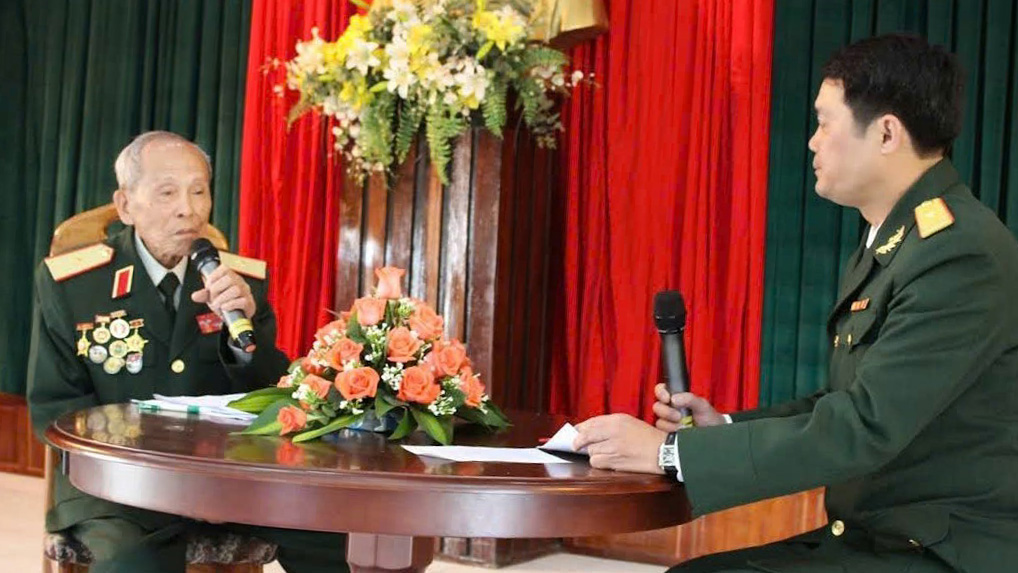 |
| Major General Pham Van Kha in an exchange with officers and soldiers of Lam Dong province's armed forces |
Major General Pham Van Kha was born in 1923 in Nhuong village, Yen Trung commune, Y Yen district, Nam Dinh province. As a child, he studied at FulesFerry Primary School. In 1942, he was assigned to work at the Defense Agency of the Security Force of the French government. His main job was to answer the phone, receive letters and act as a secretary for a cooperative specializing in distributing food for the French government.
Enlightened by the revolutionary forces, he followed the Viet Minh and participated in the general uprising to seize power in the August Revolution in Nam Dinh. Having participated in hundreds of battles and held many important positions in the army's command system, Major General Pham Van Kha always impressed those around him with his extensive knowledge, elegant demeanor, and strategic talent in command and combat.
During his lifetime, Major General Pham Van Kha left many turning points. From a person working for the colonial government, he followed the revolution and participated in or commanded battles.
Major General Pham Van Kha once shared: After the Japanese coup against the French on March 9, 1945, the famine in the North became more serious. In Nam Dinh, every day thousands of people dragged themselves from the countryside to the city to beg for food. Every morning, the people of Thanh Nam woke up to find dead bodies in front of their houses. So many people died of hunger that the government had to hire oxcarts to transport them out and dump them in a pile in La-ket Lake. Hunger and suffering caused the people's anger towards the Japanese and French to reach its peak.
During this time, young Pham Van Kha was propagandized and enlightened by a Viet Minh cadre named Do Nguyen Tan. At the end of March 1945, he secretly joined the Viet Minh force, built a revolutionary base, and waited for instructions from his superiors.
On the morning of August 19, 1945, news of the general uprising in Hanoi quickly spread to Nam Dinh. He tried to contact comrade Do Nguyen Tan but was unsuccessful. That evening, he received orders to guard the Provincial Governor's Palace. At this time, in the central flower garden of the city, a small car appeared, with a red flag with a yellow star on the roof, surrounded by an extremely bustling crowd. The Provincial Governor's Palace was still closed and locked.
After a few minutes of hesitation, he decided to open the door and go to the living room. Nam Dinh Governor Tran Van Suong was walking around the room with his hands clasped behind his back, looking extremely tense. He walked up to the Governor and said:
- Sir, the Viet Minh vehicle just passed by here. They said they will come to see you soon. What do you think?
- I have no news from the Security Department. For now, close all the doors and don't let anyone in, - the Governor replied.
- Sir, the Viet Minh General Uprising in Hanoi and other provinces and cities was victorious. The people in Nam Dinh also followed the Viet Minh.
The governor said nothing.
…
- All the governments everywhere have fallen into the hands of the Viet Minh. If you do not cooperate, the ladies, the girls, the boys and you yourself will not be safe.
- Okay! Now go out and invite one of their representatives in here so I can talk.
Mr. Kha rushed down to the yard, opened the gate wide, and ran out. After a while, he found the car with the red flag with the yellow star, but the Viet Minh said they had urgent business. He then turned back and said to the Governor:
- It was late at night, the Viet Minh representative did not want to bother you, they promised to come tomorrow morning.
After finishing his work at the Governor's house, Pham Van Kha ran to the house of Lieutenant Pham Van Cam, the commander of the security force. As soon as he saw Mr. Kha, Cam said.
- I am very impatient because from morning till now I have not received any instructions from "the big guy".
- Your Excellency, I just came here from the old man's house. The old man has agreed to hand over power to the Viet Minh. He ordered me to tell you to order the soldiers not to attack but to cooperate with the Viet Minh...
On the night of August 19, after the mass rally, Nam Dinh City became quiet. At a crucial moment in history, with his intelligence and decisiveness, he made the two “provincial leaders” of Nam Dinh believe that everything was settled and that not deciding to hand over power could cause bloodshed.
On the morning of August 20, comrade Ha Ke Tan, Head of the Bac Ky Regional Party Committee's Public Works Department, met with Mr. Tran Van Suong and Pham Van Cam, and the handover of power took place smoothly.
After August 19, Pham Van Kha was sent to study at the Vietnam Military Academy, course 6, in Son Tay, then joined the Southern army to fight in the South Central battlefield. When the national resistance war broke out, he was the Captain of Company 9, Battalion 53, Regiment 120, Zone 5, stationed in Phu My, Binh Dinh.
In March 1947, his unit participated in the first battle in Chuong Dau, Cuu An commune (now An Khe town, Gia Lai province). Thanks to a firm grasp of the enemy's operational patterns, ensuring the element of surprise and brave fighting spirit, Battalion 45, Regiment 120 under his command with more than 150 officers and soldiers completely destroyed an enemy company when they conducted a sweep along Route 19.
In that battle, the unit killed 85 enemies, including 1 French officer; wounded 25 enemies, and captured many weapons and war trophies. This was one of the first victories of the Armed Forces of Zone 5. After this battle, he was awarded the Second Class Military Exploit Medal.
During his time in the army, Pham Van Kha held many command positions such as Company Commander, Battalion Commander, Regiment Commander, Deputy Commander of the former Military Region 6. Before retiring, he was Major General, Commander of the Lam Dong Provincial Military Command.
With his great achievements and contributions to the cause of national liberation, construction and protection of the socialist Vietnamese Fatherland, Major General Pham Van Kha was awarded many noble awards by the Party and State such as: First-class Military Exploit Medal; Second-class Independence Medal; First-class Resistance Medal; First and Second-class Feat of Arms Medal; Second and Third-class Liberation Feat of Arms Medal; Second and Third-class Victory Medal; Second and Third-class Liberation Soldier Medal; First, Second and Third-class Glorious Soldier Medal; Third-class Labor Medal; 80-year Party membership badge.
Now, although he has passed away, in the minds of those who remain, Major General Pham Van Kha is always a general who is "both literary and martial", a shining example for officers and soldiers of Lam Dong province's armed forces to learn and follow.
Source: http://baolamdong.vn/tin-noi-bat/202411/nho-vi-tuong-van-vo-song-toan-3d11fc8/








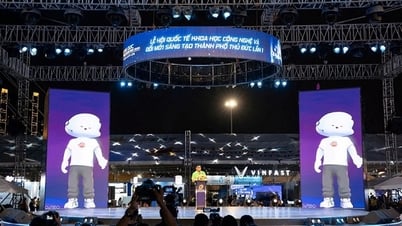

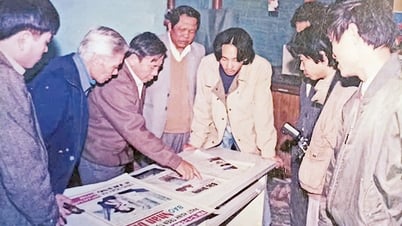

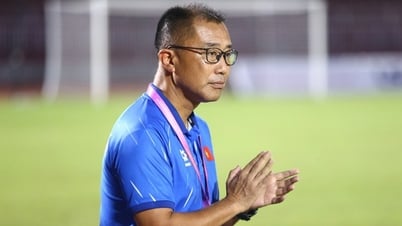



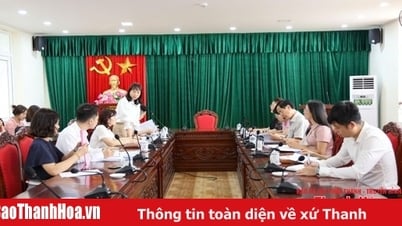

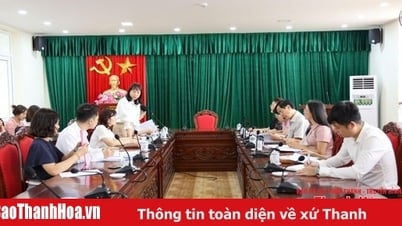
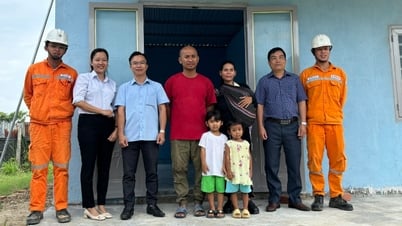

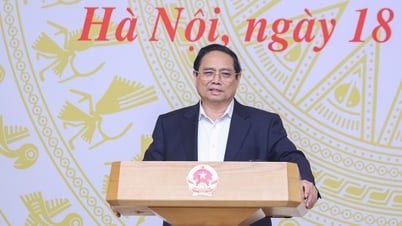
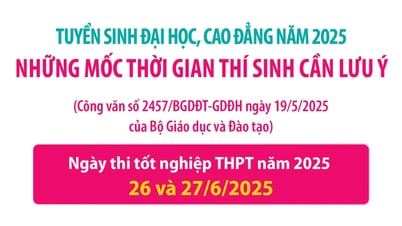
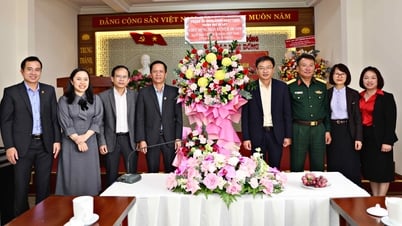
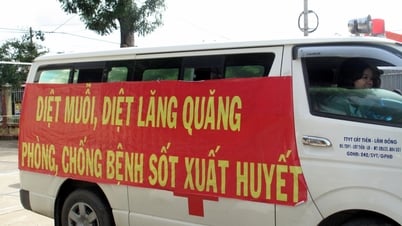
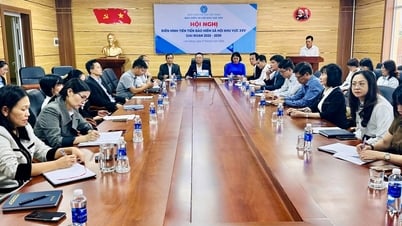




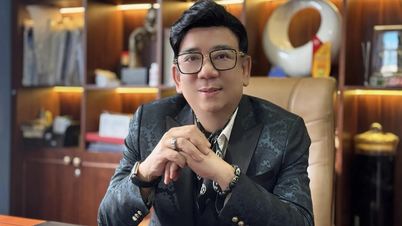

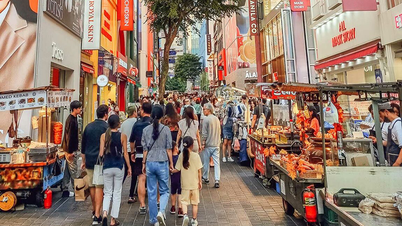

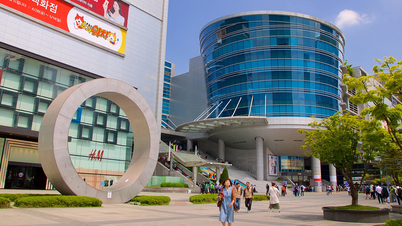
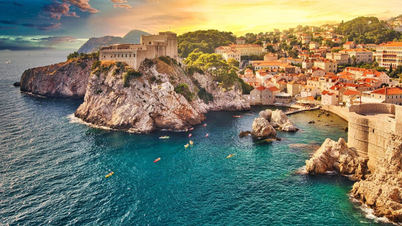















































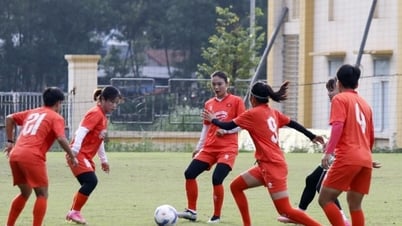

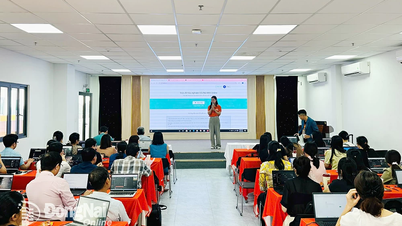

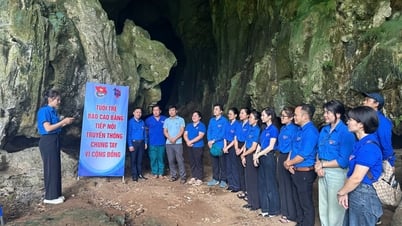













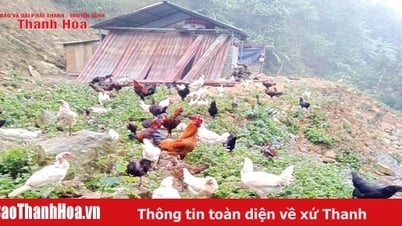



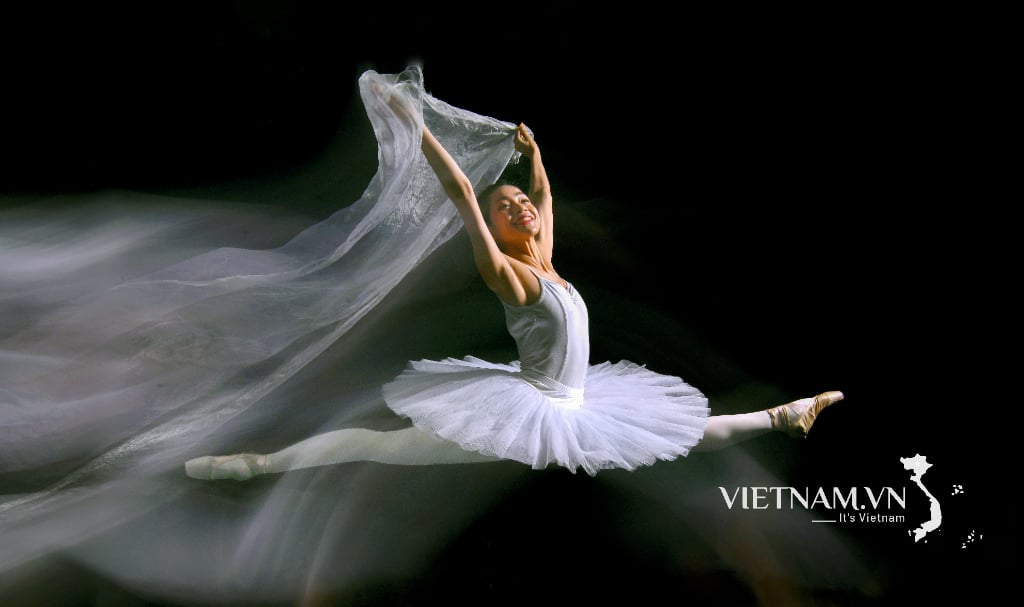
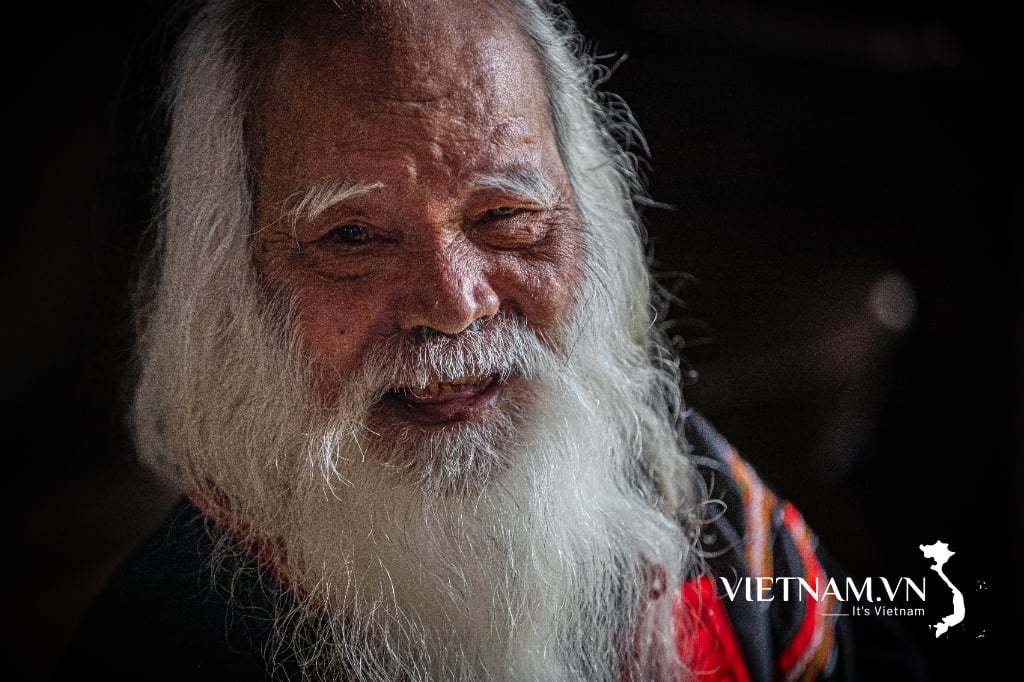
Comment (0)